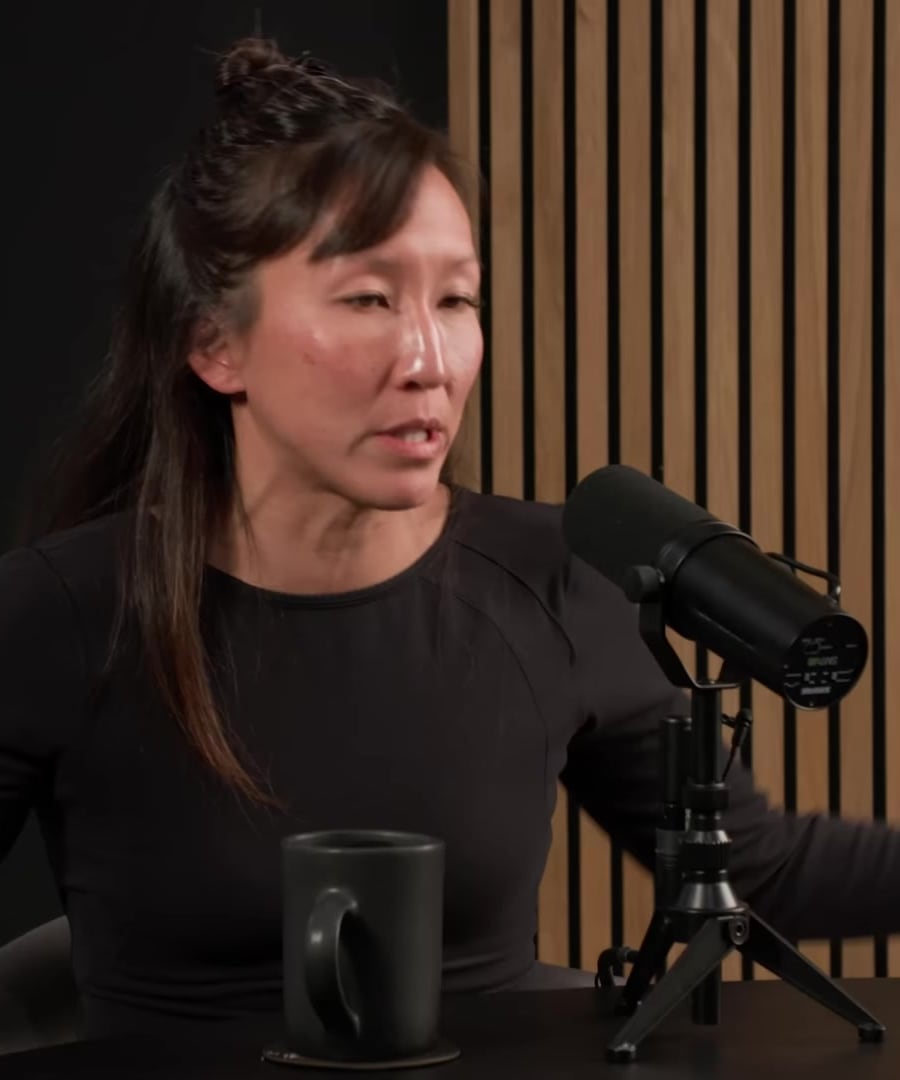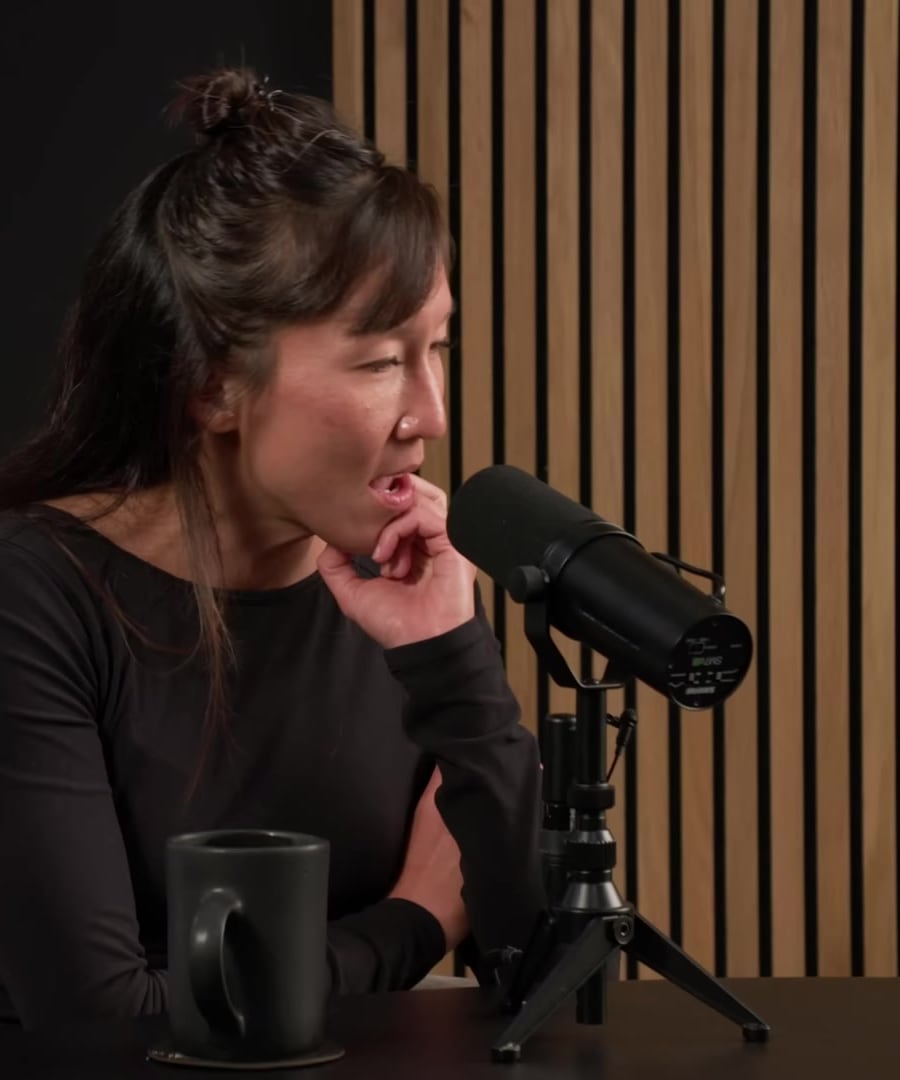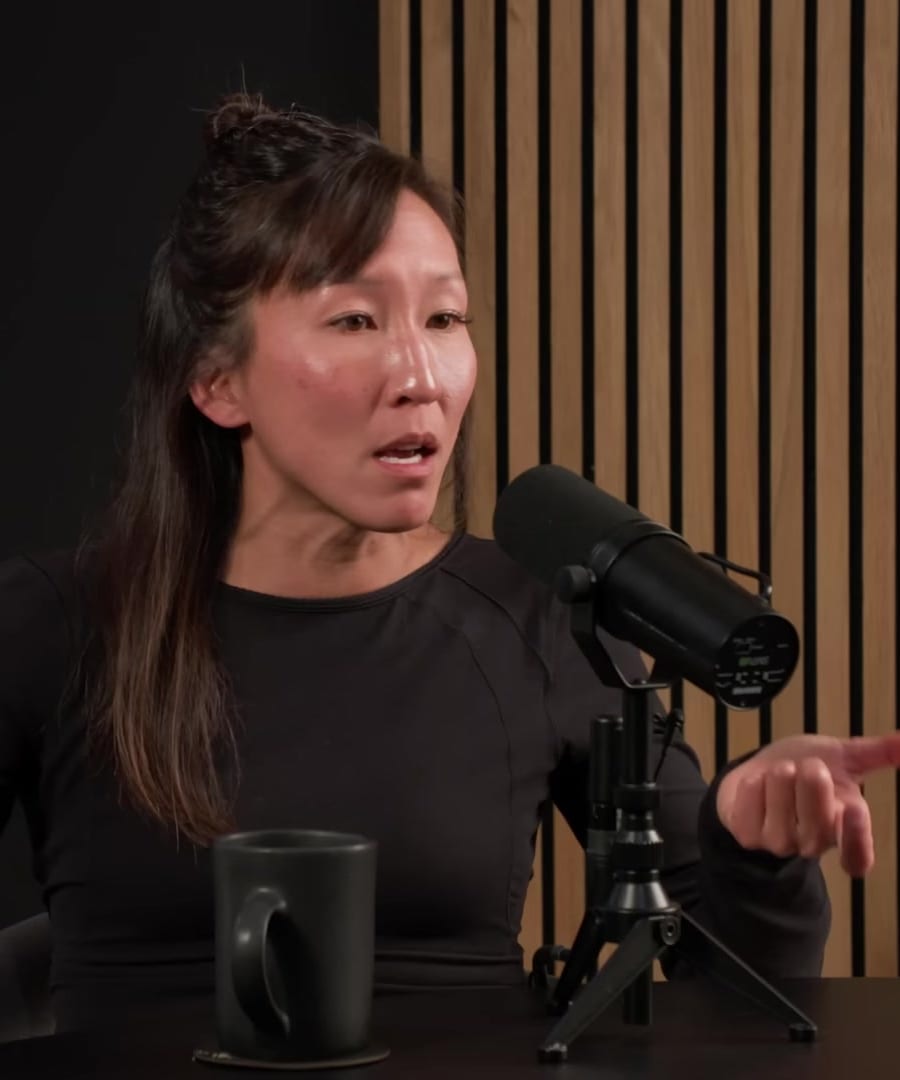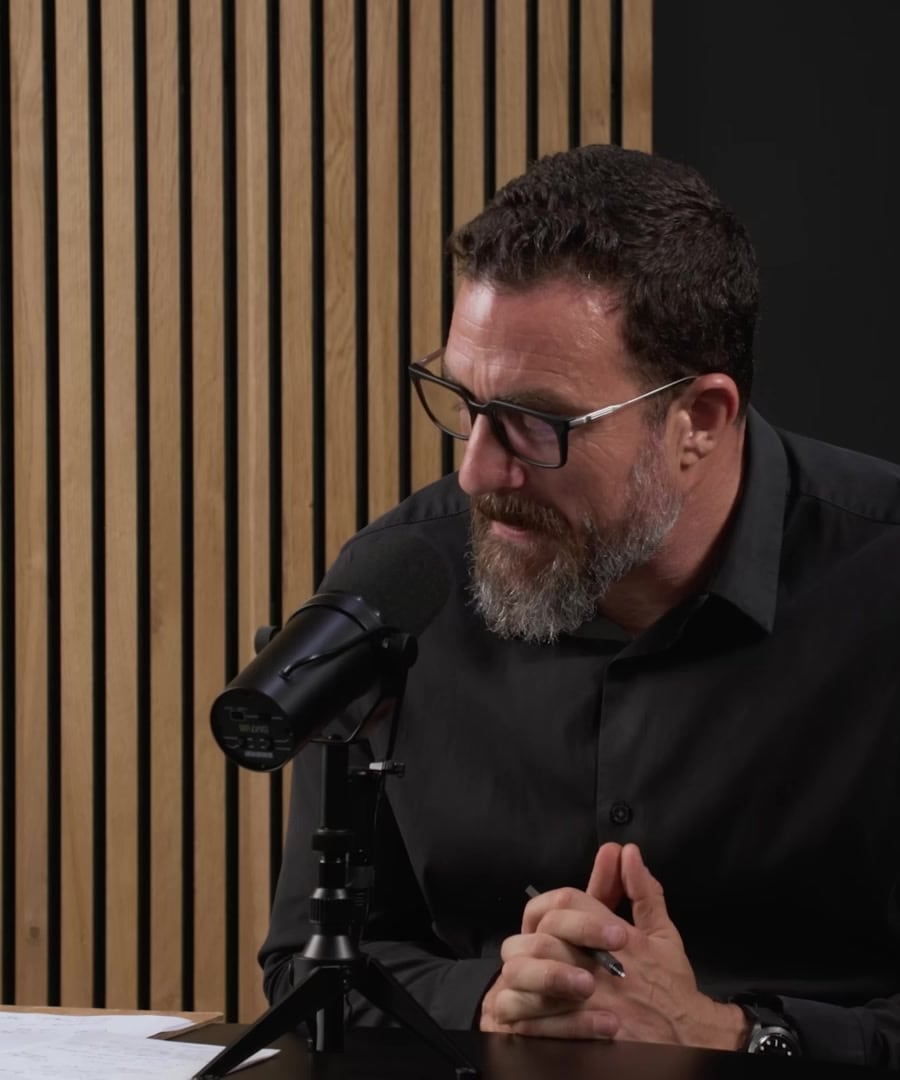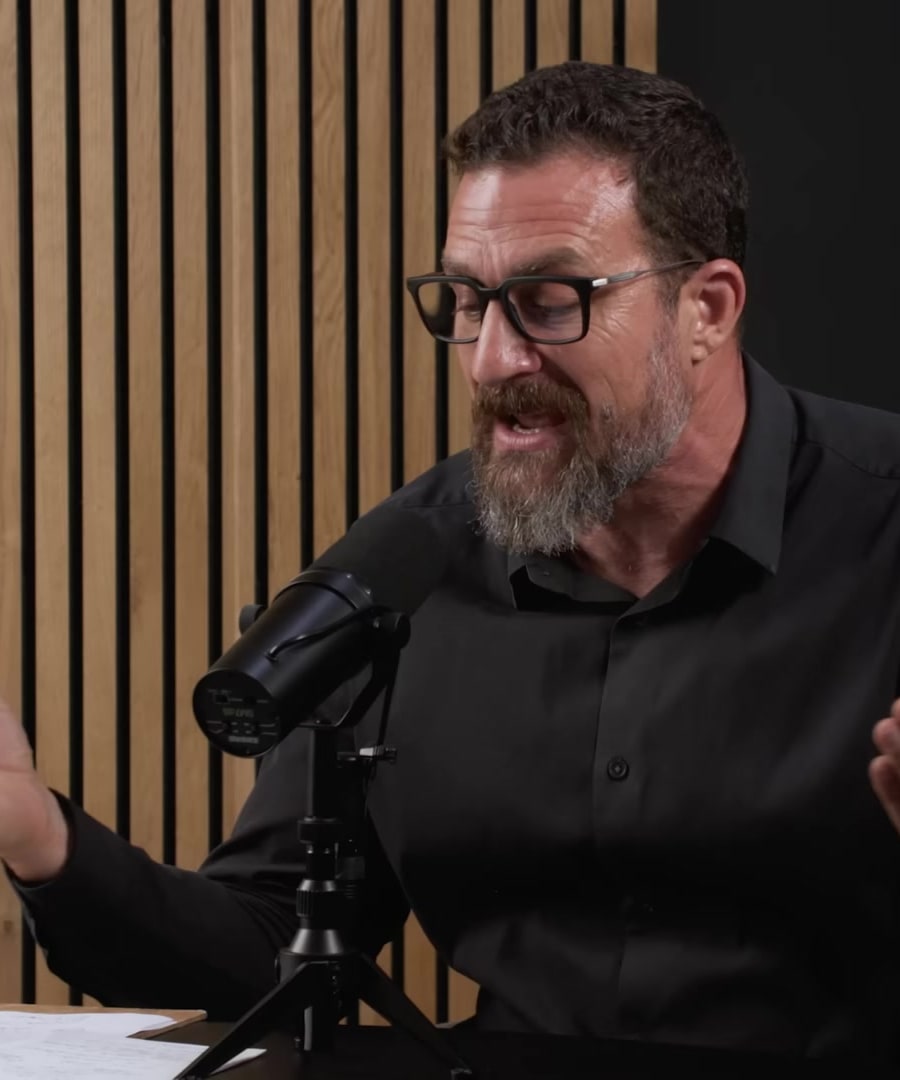Summarize episode Dr. Kay Tye: The Biology of Social Interactions and Emotions
Sources:
In the episode titled "Dr. Kay Tye: The Biology of Social Interactions and Emotions", discusses various aspects of social interactions including the concept of social homeostasis. She explains how chronic social isolation can prompt behaviors such as aggression or avoidance when individuals are reintegrated into social groups, contrasting with the positive affiliative behaviors following acute social isolation 1.
Dr. Tye also shares her personal experience during the COVID-19 pandemic, when sudden social isolation led to a free fall of emotions and a subsequent adjustment to a new life pattern with significant alone time. This phase of solitude brought about the idea of social homeostasis, which incorporates the need for a balanced amount of social contact 2.
Moreover, Dr. Tye explores the psychological impact of social media, indicating that it can generate feelings of missing out by exposing people to things they didn't know they lacked, therefore affecting their state of social satisfaction 3. and Dr. Tye further discuss how social media interactions differ from in-person ones and can often lead to a greater desire for social connections rather than satiating them 4 5.
Throughout the episode, the dialogue touches upon the importance of real social interactions, the varying needs for social contact, and the ways in which our behavior is affected by the quality and quantity of our social relationships 5 4.
RELATED QUESTIONS
Summarize episode Dr. Kay Tye: The Biology of Social Interactions and Emotions
- RELATED QUESTIONS
